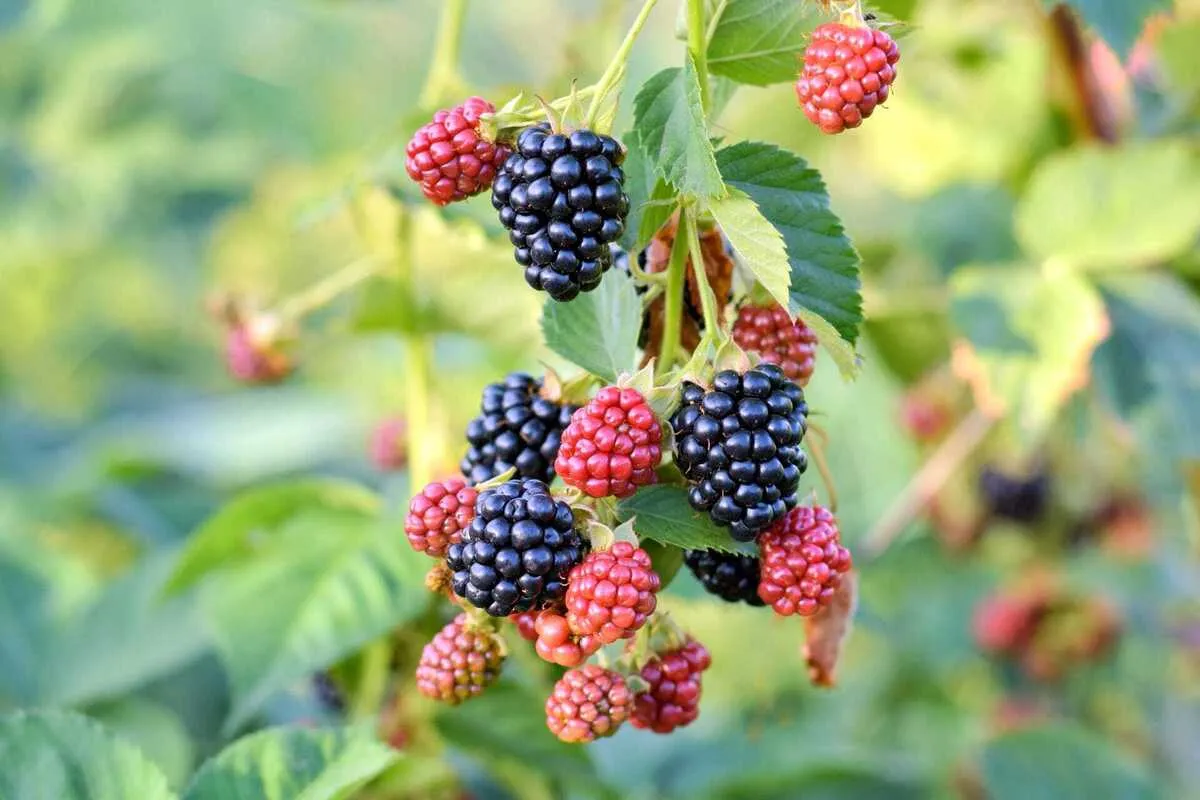These Common Foods Can Slow Aging Naturally

In a new study published in the journal Aging, researchers led by first author Jamie L. Villanueva from the University of Washington and the National University of Natural Medicine, along with corresponding author Ryan Bradley from the National University of Natural Medicine and the University of California, explored how diet affects epigenetic aging.
They found that certain plant-based foods containing natural compounds known as methyl adaptogens were linked to a reduction in epigenetic age. This effect was measured using DNA methylation, a marker that indicates how the body ages at the cellular level. The findings suggest that specific food choices may help slow the aging process.
Epigenetic age refers to the biological age of a person’s cells, which may differ from their actual age in years. This is determined by DNA methylation patterns—chemical tags on DNA that indicate whether a person is aging faster or slower than expected. In this study, researchers used Horvath’s epigenetic clock, a widely used tool, to measure changes in epigenetic age.
The study involved healthy men between the ages of 50 and 72 who had previously completed an eight-week program that included a plant-based, nutrient-rich diet, along with recommendations for exercise, sleep, and stress management. Researchers examined individual dietary habits to understand why some participants showed greater improvements in epigenetic age.
They found that participants who consumed larger amounts of methyl adaptogen foods, such as turmeric, rosemary, garlic, berries, green tea, and oolong tea, had more significant reductions in epigenetic age. These effects remained even after adjusting for weight changes and starting biological age, suggesting the foods had a direct influence on cellular aging markers.
“In hierarchical linear regression, foods investigated as polyphenolic modulators of DNA methylation (green tea, oolong tea, turmeric, rosemary, garlic, berries) categorized in the original study as methyl adaptogens showed significant linear associations with epigenetic age change (B = -1.21, CI = [-2.80, -0.08]), after controlling for baseline epigenetic age acceleration and weight changes,” the researchers state.
The natural compounds in methyl adaptogen foods are known to influence how genes behave by affecting DNA methylation. Previous studies have shown that these compounds may support healthy aging and help lower the risk of conditions such as heart disease and cognitive decline.
While this study involved a relatively small group of middle-aged men, it adds knowledge to growing global research showing that diets rich in polyphenols, found in vegetables, fruits, and teas, are associated with slower aging. These findings support earlier results from studies on Mediterranean and traditional Japanese diets, both known for their health benefits.
Future research should include larger and more diverse populations and use updated epigenetic aging tools to confirm these results. Based on current evidence, this study highlights a practical, food-based strategy that may help reduce epigenetic aging and support long-term health.
4155/v





















